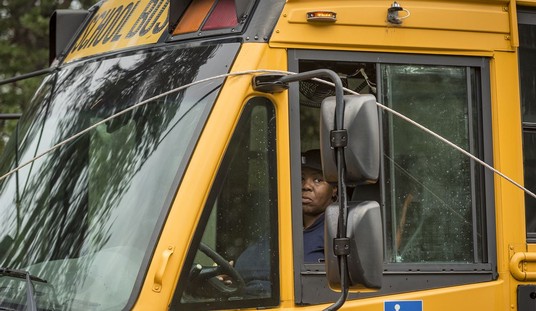The problems associated with too much time on social media are well documented. Discontentment, alienation, and the loss of the ability to engage in interpersonal communication are just a few of the growing problems stemming from an over-dependence on social media. A report in the Wall Street Journal uncovers another problem growing out of society’s love affair with social media. Violent crime originating from social media interactions is on the rise.
Police across the country are finding that “Facebook and other platforms have emerged as new frontiers in the fight against violent crime that continues to grip major cities.”
The Wall Street Journal goes on to detail the troubling case of Chicago.
In Chicago, which is on track to have more than 600 murders for the second year in a row, a number it had been below for over a decade prior, community leaders and police say the immediacy of these platforms has played a major role in escalating disputes, while also providing more evidence that can aid arrests and convictions.
[…]
The Chicago Police Department and prosecutors don’t keep data on how many instances of violence were provoked by an exchange on social media, but they say anecdotally that they are seeing a rise in the number of ‘petty conflicts that have leapt from social media platforms to violent crimes on the street.’ A Wall Street Journal tally found at least 100 cases nationally where an act of violence was streamed on just one of these platforms, Facebook Live, since it was launched in early 2016.
It’s not that social media necessarily creates crime. “It pours an accelerant on what was already there,’ said Eric Sussman, the first assistant state’s attorney for Chicago’s Cook County.”
Arguments online often result in words being said and threats being made that take longer to come out in face-to-face interactions. Hiding behind the keyboard and screen creates a false bravado and feeds naked self-interest in ways that real relationships work against.
Known for high crime rates, it’s not surprising to see a rise in violent crime in Chicago as a result of social media escalating disputes. However, Chicago isn’t the only city seeing this disturbing trend.
Prosecutors and law enforcement agencies in other cities, including Dallas and Wilmington, Del., say social media mirrors and contributes to gang-related behavior on their streets, too. Police in Dallas earlier this year attributed a string of drive-by shootings to incidents in which one gang challenged another and posted their location on Facebook or Instagram, prompting an act of violence.
On the flips side, the rise of social media is providing prosecutors mountains of evidence that helps convict criminals. Likewise, police departments are learning to embrace the technology to help them keep tabs on the community and known criminals.
The WSJ explains,
The exchanges, however, arm prosecutors with evidence, including Facebook photos and tags, that they can use in court.
“If you have a defendant and you are trying to get some large sense of whom they are affiliated with, what other activities they might be involved in and what may have led to their crime, there’s information available publicly,” said Delaware Attorney General Matthew Denn.
Chicago police have invested heavily in data-driven crime reduction technology over the past year, building out eight “nerve centers” in the most violent police districts, providing a wealth of information about the neighborhood and offenders.
Social media isn’t going away anytime soon. Society needs to continue to find ways to alleviate and counter the problems arising from the new-ish technology. Thankfully, it appears that DA offices around the country, as well as police departments, aren’t too far behind the rise in crime stemming from social media interactions.
On a personal note, the evidence keeps mounting that validates the decision my wife and I made to not allow our children to have social media accounts. Not that we’re overly concerned that having a Facebook account will drive our kids to a life of crime. But the data points to an increased risk of responding poorly (at best) when engaged in arguing online. Best to leave well enough alone.









Join the conversation as a VIP Member